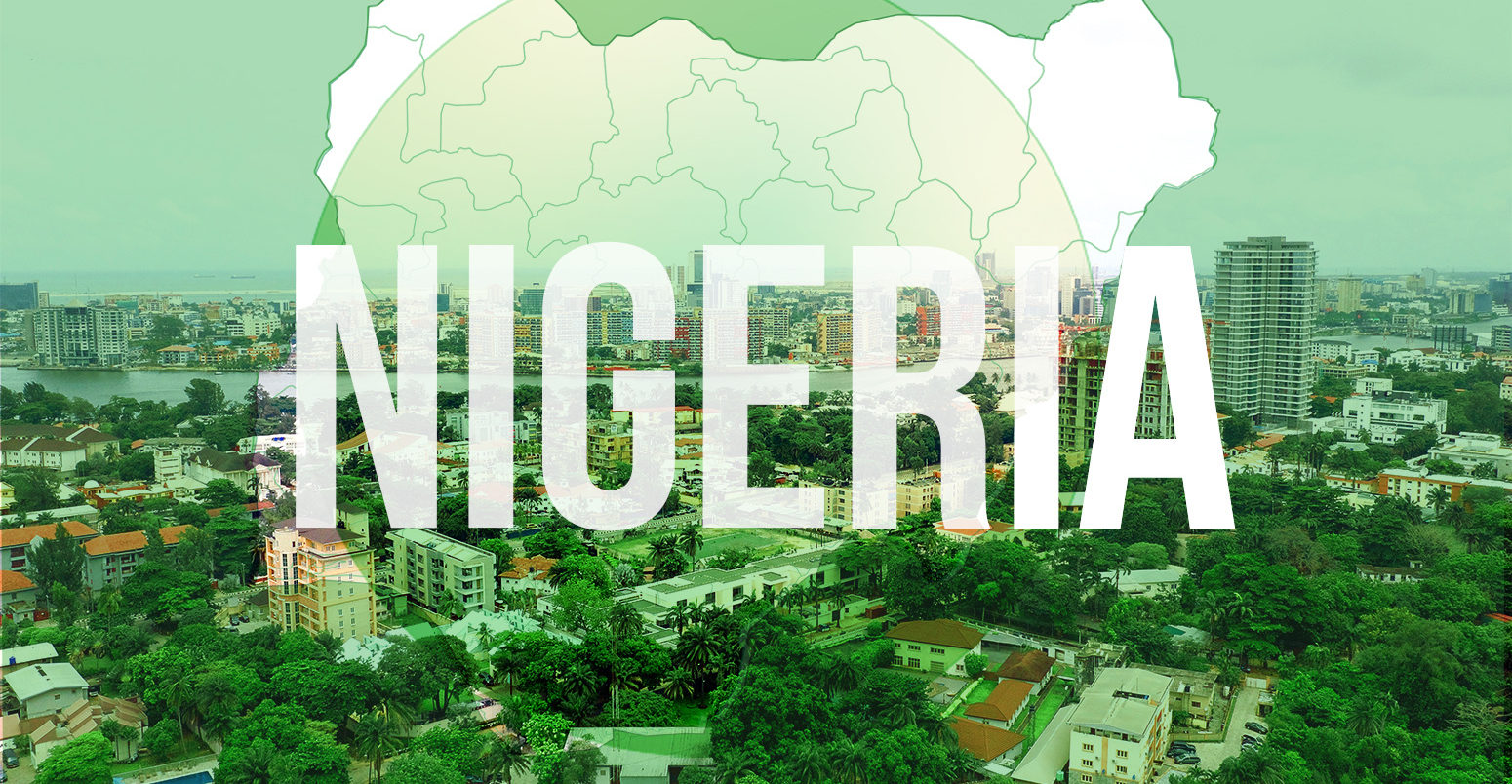By CHIEF PETER AMEH
NATIONAL SECRETARY, CUPP.
Nigerian politics is at a crossroads, with the 2027 General Elections offering a chance for meaningful change. For too long, the country has been plagued by superficial representation, where politicians prioritize grandstanding over genuine service to the people.
Key Challenges:
- Low Women Representation: Despite making up half of the population, women’s representation in Nigerian politics is alarmingly low, with only 11 female representatives out of 360 members in the 9th National Assembly.
- Defective Electoral System: The current electoral system allows incompetent and dishonest persons to manipulate the process, undermining the credibility of elections.
- Lack of Accountability: Politicians are not held accountable for their actions, leading to a culture of impunity.
The Way Forward:
- Electoral Reform: Reforming the electoral laws, regulations, and guidelines is crucial to prevent rigging and ensure free and fair elections.
- Increased Women Participation: Encouraging more women to participate in politics can bring unique perspectives and approaches to governance.
- Accountability and Transparency: Strengthening institutions and ensuring accountability and transparency can help prevent electoral violence and enhance the credibility of the electoral process.
The National Assembly must prioritize the review and amendment of electoral laws to ensure credible elections in 2027. As Nigerians, it’s essential to demand more from politicians and hold them accountable for their actions.




